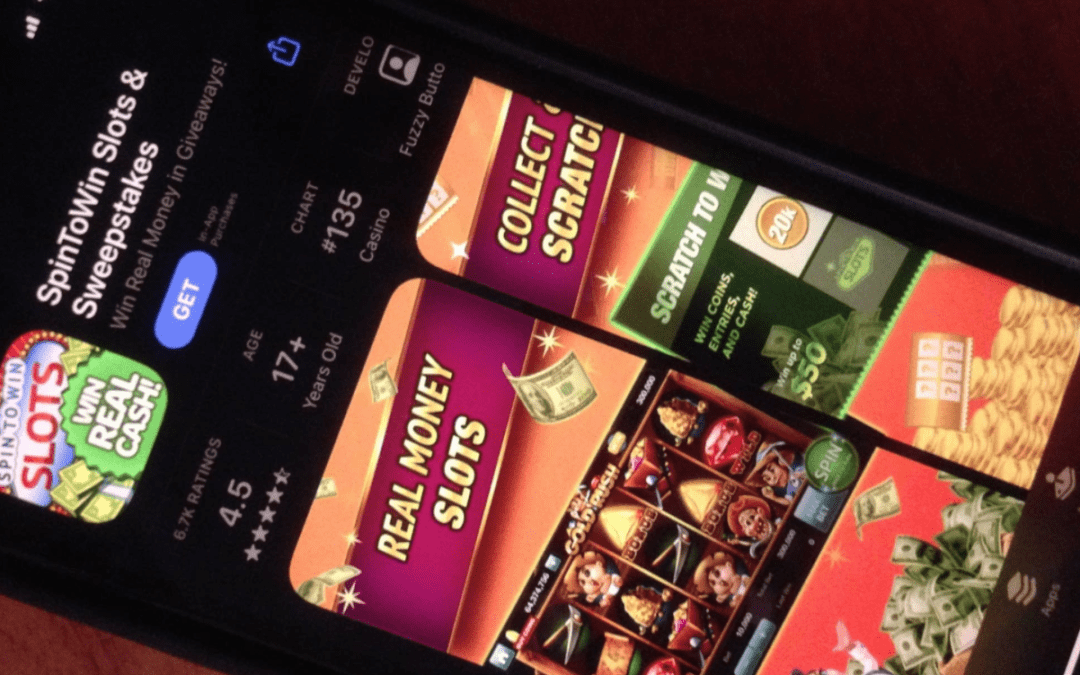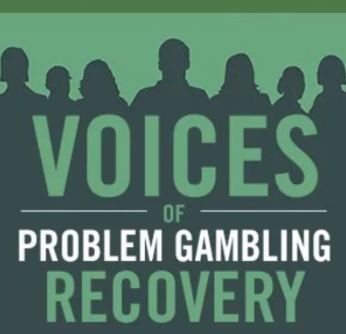
What We Know About Gambling and the Risk of Gambling Addiction
Although gambling — and gambling addiction — has been around for a while, it’s still an activity and an addiction that’s received much less attention than others. A groundbreaking survey conducted by the National Council on Problem Gambling (NCPG) provides a glimpse into the “hidden addiction” and provides implications for public policy and future research.
Gambling in the United States
Here are some of the key findings of the nationwide survey:
- Gambling is a very popular American pastime. Three in four American adults report some type of gambling in the year preceding the survey. Only 12 percent claim to never have gambled.
- Most gamblers bet on more than one activity, with the average American gambler betting on three different activities.
- Legal prohibitions or restrictions on gambling have minimal effect on gambling participation. Even in the two states that allow no legal gambling (Hawaii and Utah), more than half the adults report some gambling activity in the past year. One in five Americans placed a sports bet despite it being legalized in only two states at the time of the survey, many of them online or through bookmakers. And 15 percent reported making an online wager.
- The lottery is the most popular form of gambling, with two out of three survey respondents reporting a past year lottery purchase. More than one-third of the sample reported spending money at a casino.
- Most who gamble appear to do so without negative consequences. While for methodological reasons the survey was not designed to assess the rate of gambling disorder, 70 percent of gamblers reported never experiencing any of the four risky gambling behaviors covered by the survey. However, seven percent reported experiencing at least one of these behaviors “many times,” with most of these reporting only one frequent problematic behavior.
- Young adults appear to be at higher risk for gambling problems. Half of those under 35 responded “yes” to at least one indicator of risky behavior. By contrast only 10 percent of gamblers over the age of 65 responded “yes” to at least one indicator.
- Sports bettors appear to be at particularly high risk, being three or more times as likely than those gamblers who did not bet on sports to report frequent risky behavior. Those betting weekly on sports are five or more times more likely to report frequent risky behavior. These disparities are even greater for those playing fantasy sports. We do not know, however, if sports betting results in risky behavior, or if those who are more prone to risky behavior are drawn to sports betting.
- A considerable number of gamblers do not understand the way gambling works, with 16 percent believing that gambling is a good way to make money. Similar numbers of people believe that gambling more often will help them win more than they lose, or that their chances of winning get better after they’ve lost. These misconceptions are more common among those playing games with a skill component, such as sports betting or cards.
- A large share of the population misunderstands or stigmatizes problem gambling. More than half of those surveyed attribute gambling problems at least in part to moral weakness or lack of willpower, while fewer than one half believe it can result from genetics or a medical condition.
Gambling in Minnesota
The survey also sought to ascertain gambling behavior on a state-by-state focus. Here are some highlights from Minnesota survey responses (Results were collected prior to COVID.)
- Minnesotans like to gamble
- 78% of Minnesota adults reported making a bet in the past year.
- Minnesotans bet on many things
- The average Minnesota gambler bet on four activities in the year before the survey. One in four wagered on seven or more.
- The lottery is the most popular form of gambling in Minnesota.
- 66% of Minnesota adults reported a past year lottery purchase.
- Minnesota is among the states where residents are most likely to play bingo or buy a pull-tab.
- Sports betting is relatively uncommon.
- 19% of Minnesotans reported betting on a sports event.
- Most gamble for fun
- 81% of past year gamblers believe that gambling is not a good way to make money.
- Many Minnesotans misunderstand problem gambling
- 77% believe that a lack of willpower is a cause of problem gambling.
Public Policy Implications
There are numerous implications that can drawn from the national and state data provided by the survey. One clear implication is the limitations of policies based on prohibition. “When creating public policy, we need to take into account the possibility that prohibition may simply result in gamblers going to illegal or offshore operations that have minimal, if any, regulation,” says Susan Sheridan Tucker, executive director of Northstar Problem Gambling Alliance, Minnesota’s affiliate to the NCPG.
Another possible conclusion from the survey is that sports betting appears to become a higher risk of problematic play than most other forms of gambling, though it’s not clear whether this is driven by the widespread availability of illegal, unregulated play. “It’s apparent that legal, regulated sports betting must include extensive and effective responsible play and addiction prevention measure,” said Sheridan Tucker.
Some additional implications from the survey include:
- The rapid expansion of sports betting combined with the risks associated with this activity require that its impact be carefully monitored.
- The level of risky behavior among fantasy sports players is at least as high as that associated with traditional sports betting.
- Young adults are at greater risk of problematic play than any other demographic segment.
- There is no evidence that the risks of problematic gambling are affected by socio-economic status or by racial or ethnic background.
- State lotteries have a critical role to play in problem gambling awareness and prevention.
- For virtually every gambling activity, those reporting frequent play are considerably less likely to practice positive play than those playing less frequently.
- While the data from this survey point to factors that are associated with problematic play (age, type of betting and, to a lesser extent, gender), we are far from understanding causal relationships.
- Gambling disorders continue to be highly misunderstood and stigmatized.
This study, the first national survey of gambling in twenty years, points the way toward protecting public health and devising effective strategies to prevent gambling problems and improve the lives of those affected by it. As the United States undergoes the most massive expansion of legalized gambling in its history, it is critically important that governments, the gambling and gaming industry, and nongovernmental service providers come together to enact policies that maximize the benefits to society of legalized gambling while mitigating its potential harms. Future surveys will show the degree to which these goals have been accomplished.
For more information about problem gambling in Minnesota, visit the Northstar Problem Gambling Alliance website.




